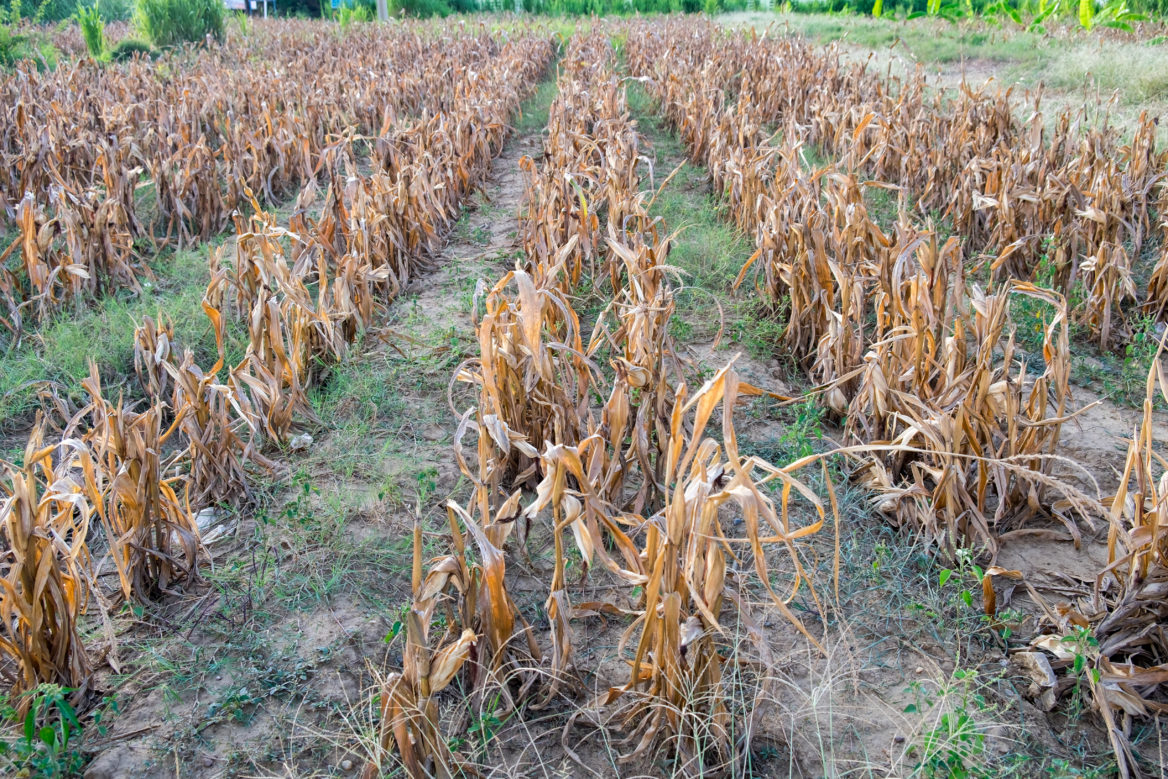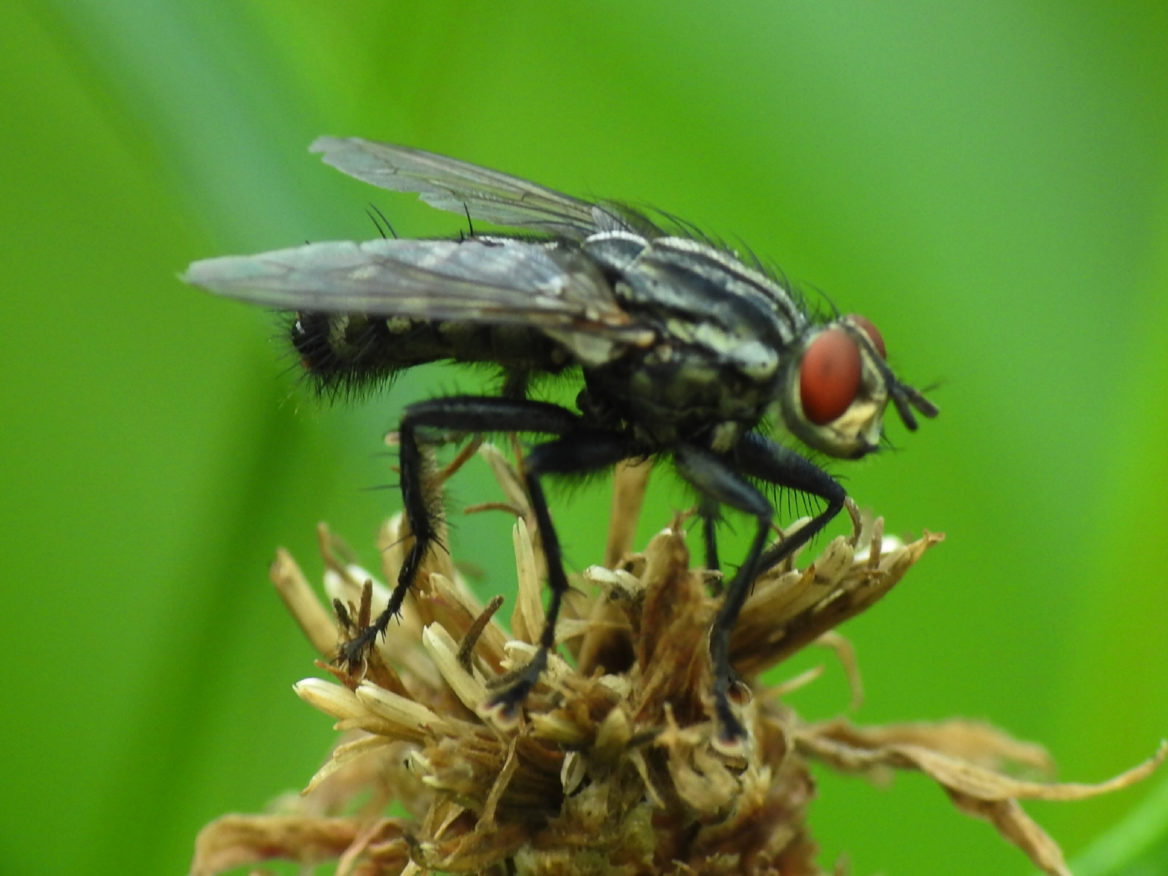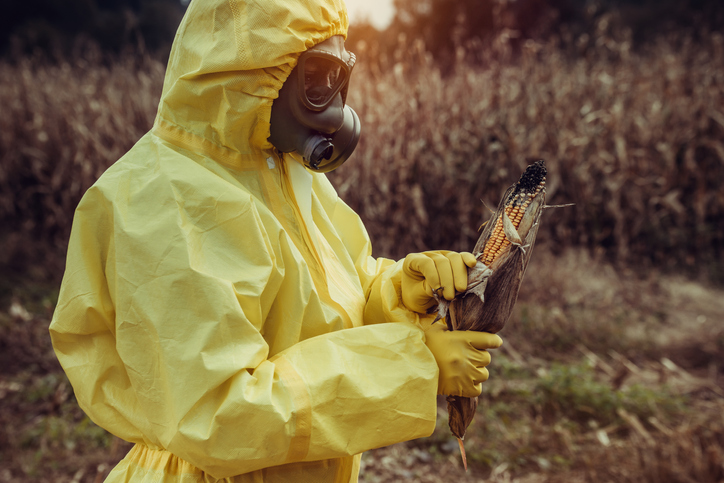Imagine a world where an army of genetically-engineered insects spread viruses to protect Americans from dangerous food. Enter Insect Allies, a research program funded by the Pentagon’s Defense Advanced Research Projects Agency (DARPA). Insect Allies uses gene editing techniques like CRISPR to infect insects with modified viruses to make America’s crops more resilient. The program aims to protect America’s crop supply from food security threats like foodborne illness and drought. Critics, including scientists and food safety lawyers, fear that Insect Allies could result in the creation of offensive biological weapons.
DARPA’s Insect Allies Program
DARPA launched Insect Allies in 2016, investing $45 million in research to develop technology for rapid response to agricultural emergencies. Researchers from Penn State, University of Texas and Ohio State received funding to develop insect-vectored viruses that could modify plant genes to protect crops from food security threats.

According to DARPA’s website, the goal of Insect Allies is to pursue “scalable, readily deployable, and generalizable countermeasures against potential natural and engineered threats to the food supply with the goals of preserving the U.S. crop system.” DARPA defines food security threats as:
- Pathogens
- Drought
- Flooding
- Frost
- Threats introduced by “state or non-state actors”
DARPA’s program involves the use of three types of insect pests as “allies” that routinely spread viruses among plants in nature:
- Aphids (Blackflies, Greenflies)
- Leafhoppers
- Whiteflies
Throughout three stages of research, the insect “allies” will transmit genetically engineered viruses to maize (corn) and tomato plants. The three phases include:
- Successful delivery of genetically modified virus to insect
- Genetically adjusting viruses, insect and plants for gene delivery to thrive in an agricultural field that focuses on one type of crop
- Observing project on larger scale in complex crop environments
According to a DARPA spokesperson, all research teams have entered phase two. Phase three is expected to last until mid-2021.
Dangerous Food
Critical scientists and food safety lawyers voice their concerns that Insect Allies could destroy crops, rather than save them. Critics argue that technology developed to make food safer and thwart foodborne illness also has the potential to create dangerous food.
In an article published by Science Magazine, a team of scientists from around the world voiced their concerns that DARPA’s program will open a Pandora’s Box of regulatory, biological, economic and societal implications. Arguing that Insect Allies can be easily weaponized, the scientists see the program as a violation of an international treaty called the Biological Weapons Convention (BWC).
Additional concerns include:
- Lack of transparency and opportunities for public discussion
- Unclear justification for use of insects when spraying systems could suffice
- Inability of scientists to control actions of insects once released
- Requirement of costly microscopic genetic tools
Food Safety Implications Worldwide
According to food safety attorney Fred Pritzker, “mastering this technology could easily lead to the creation of offensive weapons intended to weaken or kill an adversary’s crops, thus forever weaponizing insects and potentially starving millions of people.”
Think of the use of Agent Orange in Vietnam. We “bombed” massive swaths of Southeast Asian countryside with toxic chemicals hoping to kill off vegetation and deny our enemy its protective cover. We still lost the war and by using this “defensive technology” managed to kill or sicken thousands of American GI’s and Vietnamese people. In Vietnam, we said we had to destroy villages in order to save them from Communism. If we destroy our enemy’s crops (or kill our own when the technology goes awry), what will we say then.
– Attorney Fred Pritzker
In trying to protect our food supply, the Insect Allies program also created a potential threat to the food safety of millions of people in the United States and billions around the world.
Sources:
- http://science.sciencemag.org/content/362/6410/35
- https://www.darpa.mil/program/insect-allies
- https://www.washingtonpost.com/science/2018/10/04/pentagon-is-studying-an-insect-army-defend-crops-critics-fear-bioweapon
- https://motherboard.vice.com/en_us/article/598kq5/scientists-fear-darpas-insects-allies-will-attack-global-food-supply-with-viruses
- https://www.livescience.com/63765-darpa-insect-allies-or-biological-weapon.html


